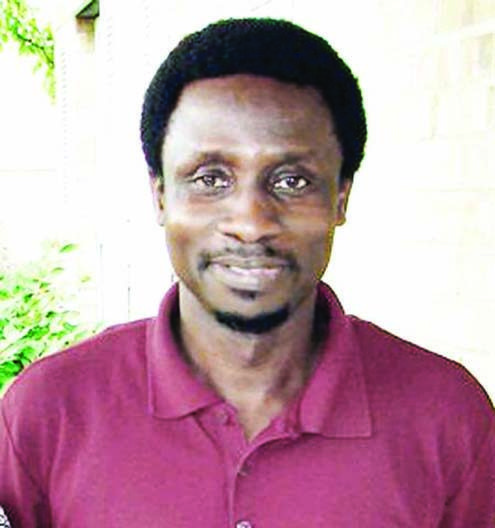Life And People
In Want of Better Future -By Akin Adesokan

Are there connections to be made between the escalated killings of black men by the police in American cities and the varieties of Islamic fundamentalism across West Africa? Most people would doubt that there are, but I want to argue the contrary.
Islam’s earliest spread to Western Africa in the eleventh century occurred in the context of a jihadist movement within the religion. But the initial principle of forced conversion met with resistance, and in the manner of a parasite, the intimate enemy, imperialist Islam adopted a strategic approach. The most exemplary approach was the posture of the marabouts, Arabo-Berber preachers who existed primarily as scholars, progenitors of the mystical Sufi tradition. Their ultimate aim was conversion, by force if necessary.
The Senegalese man of letters, Cheik Anta Diop, once wrote of the marabouts thus: “These ulemas…not only were unable to undertake any military action to convert their sovereigns, but absolutely needed their protection and the goodwill of politico-social circles, to live safely in the land during the transitional period before the conversion of the king.” Pakistani-born novelist Tariq Ali has made a similar observation about the political compromises that Prophet Muhammad had to make in the earliest phases of the religion’s growth.
The periodic outbreaks of the jihadist impulse, currently most notable in Mali, Kenya, Nigeria, and Somalia, may be a matter of historical schisms within Islam. But they also receive help from the possessed absolutism of contemporary political practices, social inequality, and the metaphysical density of so-called popular beliefs, which, depending on one’s outlook, is articulated either as self-sacrifice or acceptance.
The story of black resistance in the US is instructive. The Black Panther Party for Self-Defense emerged in the aftermath of the administrative consolidation of the black civil rights movement. Although the government of Lyndon Johnson pushed through the Civil Rights Act, thus curtailing radical black politics, it did so in the contexts of ingrained official anti-communism and the military campaign in Vietnam.
The BPP was officially recognised in the sense that it was relentlessly embattled, but its membership had popular appeal in black America. In Philadelphia in the early 1980s, the combination of BPP’s outlaw status and the police operation on a black “commune” was to prove fateful for the personal freedom of an outspoken radio broadcaster, Mumia Abu-Jamal, who continues to serve a life sentence for an offense he has denied committing.
Abu-Jamal is currently hospitalised for diabetes, a disease that is common among black populations the world over. Is it a paradox if his end comes of this ailment instead of the electric chair?
The most far-reaching legal responses to the dilemma of black bodies (and of identity in general) in the United States have come from critical race theory, a pragmatic legal scholarship which assumes the sovereignty of law as an instrument of justice. One of this theory’s premises is “not merely to understand the vexed bond between law and racial power but to change it.”
The questions of identity through which this legal scholarship has struggled for institutional validity appear to be incompatible with those informing Islamic fundamentalism. Yet both proceed from an outlook on the equality of the sovereignties of right and of power, and their attitude toward political expression derives from this perception. There are surely grounds for questioning the sufficiency of these two as forms of emancipatory politics, but not if we agree that their justification is based on the notion of freedom. You have the freedom from constraint, but not the freedom to attack whomever you please.
Without minimising the complexity of Islam as religion or as political system, and without presuming a simple equation between the methods of ISIS and the Black Power movement, serious engagement with these phenomena requires that we go beyond the by-now routine analogy between South African apartheid and the Israeli-Palestinian conflict, to confront something less promising but more productive, even if controversial.
The jihadist menace in West Africa is perhaps amenable to the discipline of aesthetic education. This argument played a role in the recent historic change in Nigeria, and is reminiscent of an initial response to the 9/11 attacks by the Turkish writer Orhan Pamuk. The neutered contradiction in Boko Haram is complicated by the fact that the foot-soldiers lack any historical sense of the Islamic caliphate they are called upon to resuscitate.
Would such an understanding of a terrorist movement encourage the aesthetic contemplation of Jamaica Kincaid’s ironic statement that black people, including poor blacks in South Africa, are incapable of committing evil on a grand scale?
After visiting Abu-Jamal in prison in 1997, Danielle Mitterrand, wife of the former French president, said something for the ages: the struggle against the capital punishment is the struggle of people who cannot afford a lawyer.
Akin Adesokan teaches comparative literature at the University of Indiana, Bloomington, where he is also the director of the undergraduate program.











